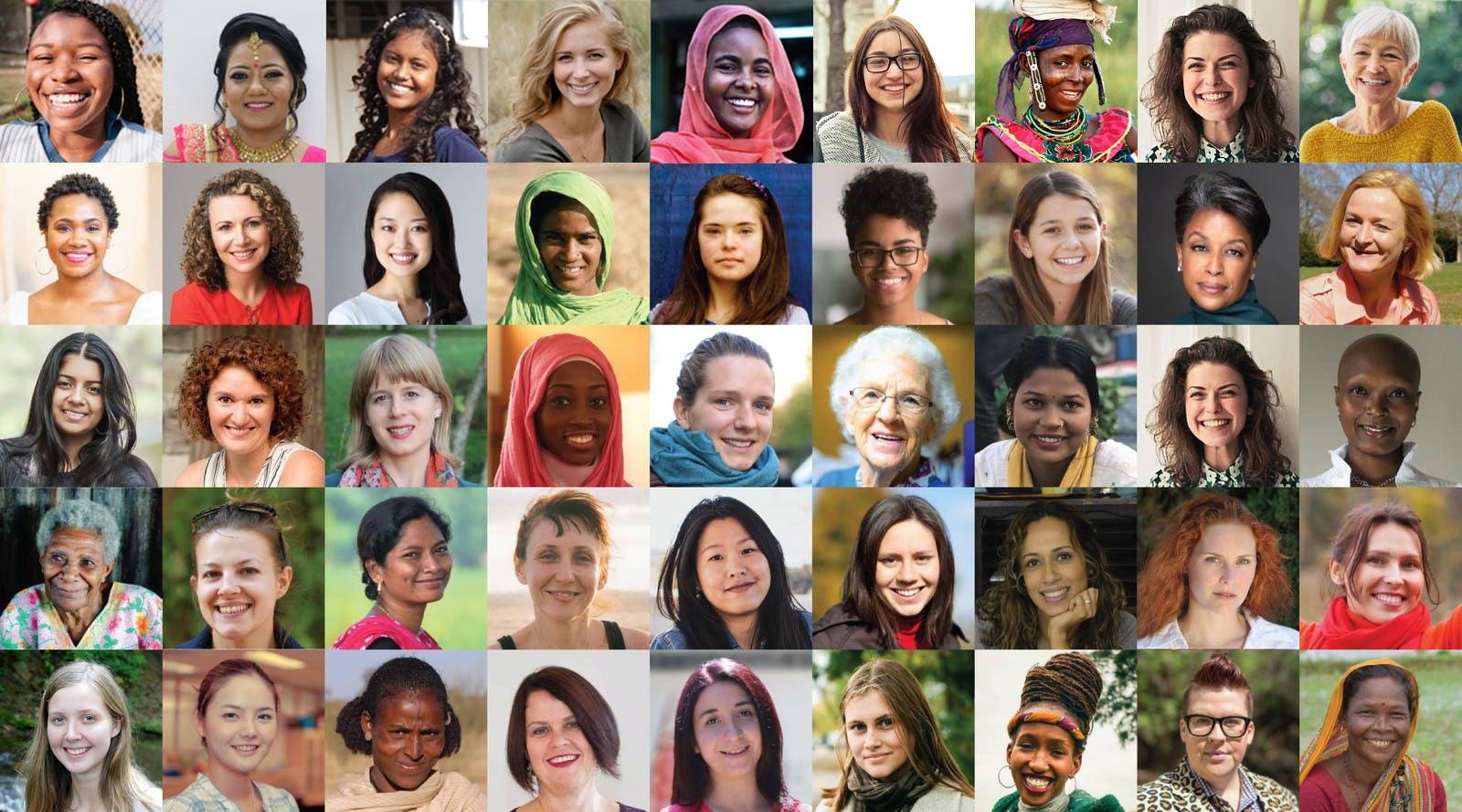Protecting the Amazon’s Coast by Supporting the ‘Mothers of the Mangrove’
| Category | Protect |
Mangroves are valuable ecosystems and marine life nurseries essential for artisanal fishing, culture, and community-based tourism. In Pará, Brazil, Extractive Reserves (RESEX) are sustainable use protected areas where only local people have the right to traditional hunting, fishing, and harvesting wild plants.
Yet, despite the territory's abundance, families struggle financially, and women are undervalued as nature’s caregivers and holders of traditional wisdom. The role of women in Amazonia must be amplified, and they must be empowered to defend mangroves.
This project will support Mothers of the Mangrove, empowering 36 women leaders in the Amazon coastal zone and spreading their conservation skills and sustainable use practices.
Partnering with the environmental organization Rare, they will be able to further their protection network of the Amazonian mangroves and expand upon new income-generating businesses that work in harmony with nature.
Defending nature and growing businesses
The project aims to help Mothers of the Mangrove reach 900 community members to protect 167,705 hectares of mangrove forest through sustainable use practices, promoting their ancestry and traditional knowledge. This includes the second edition of a book featuring their business, network, and management of the RESEX.
It will also create access to savings clubs. Sixty savings clubs will reach 900 members, who will save R$250,000 and be eligible for investment to develop three income-generating projects. This will benefit 360 women participants and result in R$1.5 million in extra income.
.jpg)
Photo: courtesy of Mothers of the Mangrove.
Adding to the worldwide network of community-based conservation
Mothers of the Mangrove is a project representing one of over 1,300 communities across eight countries working with Rare's Fish Forever program. This network works to reverse the effects of coastal overfishing, supporting the diverse fisheries that employ and feed millions of people while protecting the land and waters that sustain marine wealth.
The program uses a locally-led approach to protect and manage territorial waters where the ocean's highest concentrations of biodiversity intersect with the areas of highest human need.
Since its inception in 2012, mid-term analyses of the program’s first phase showed fish biomass increases of 390% in marine reserves and 111% in managed access areas. To date, the program has put nearly 5.6 million hectares of coastal ocean waters on the path to sustainable management.
Explore more projects supported by Daughters.
%5B50%5D%20(1).jpg?auto=compress%2Cformat)
.jpg?auto=compress%2Cformat)
